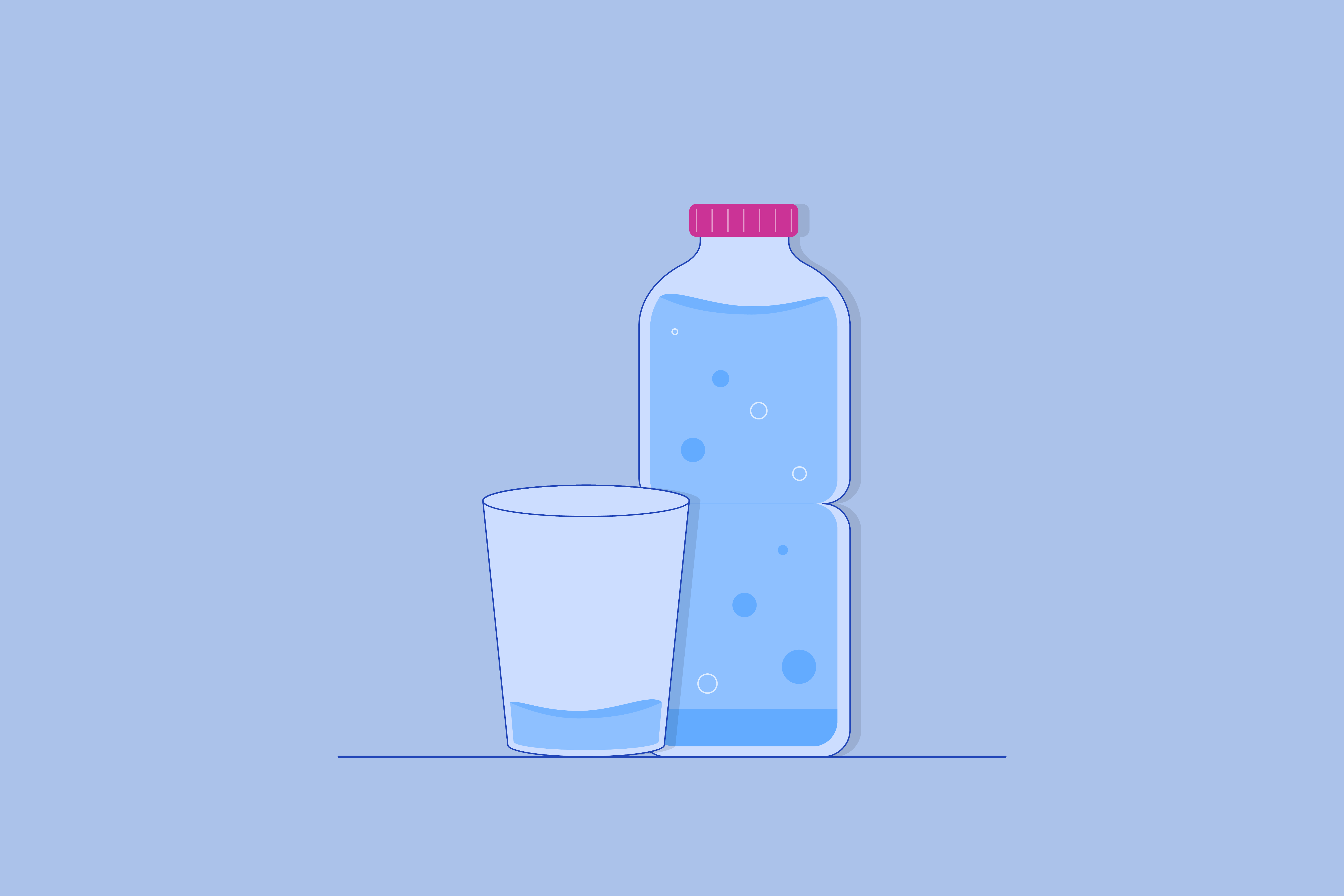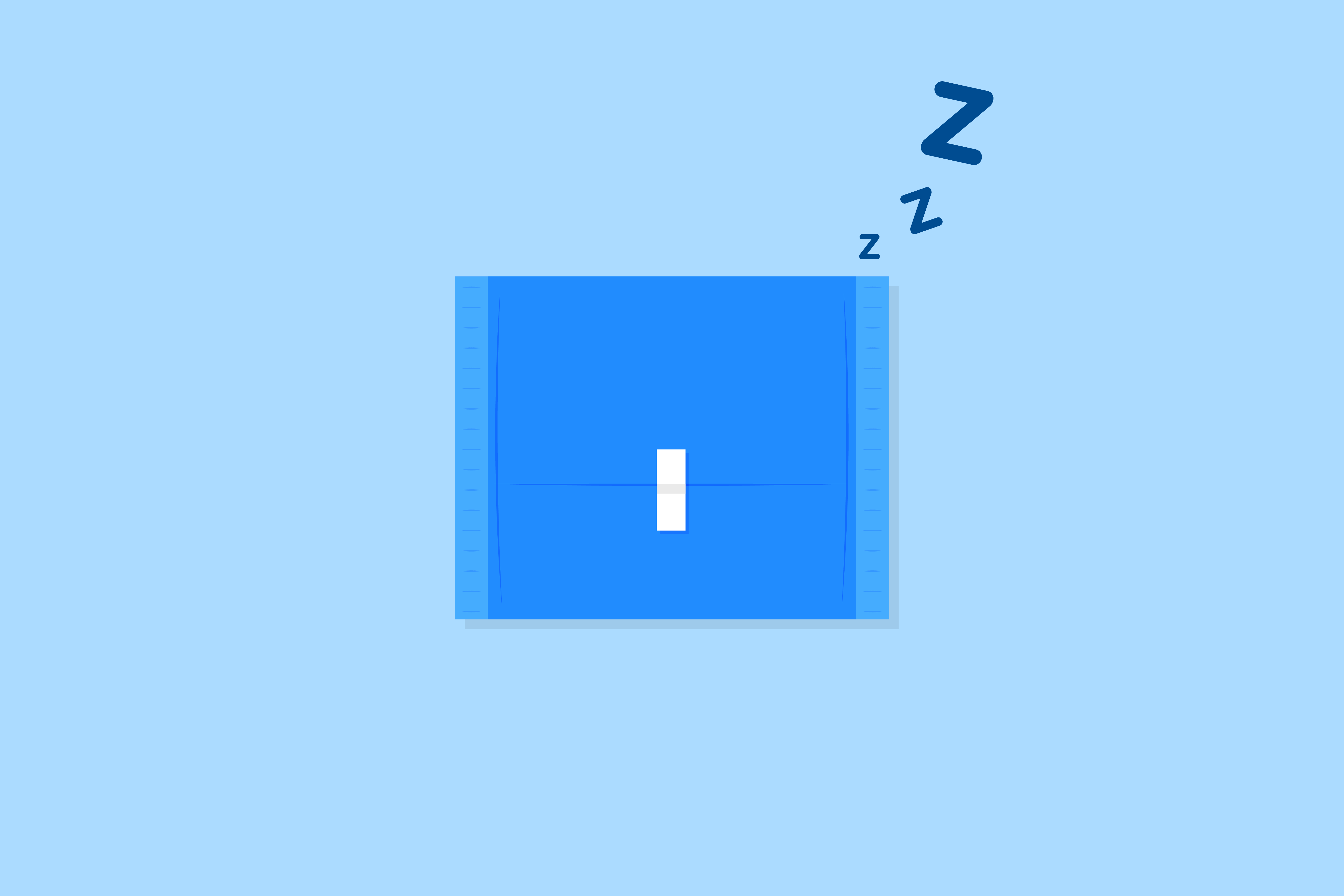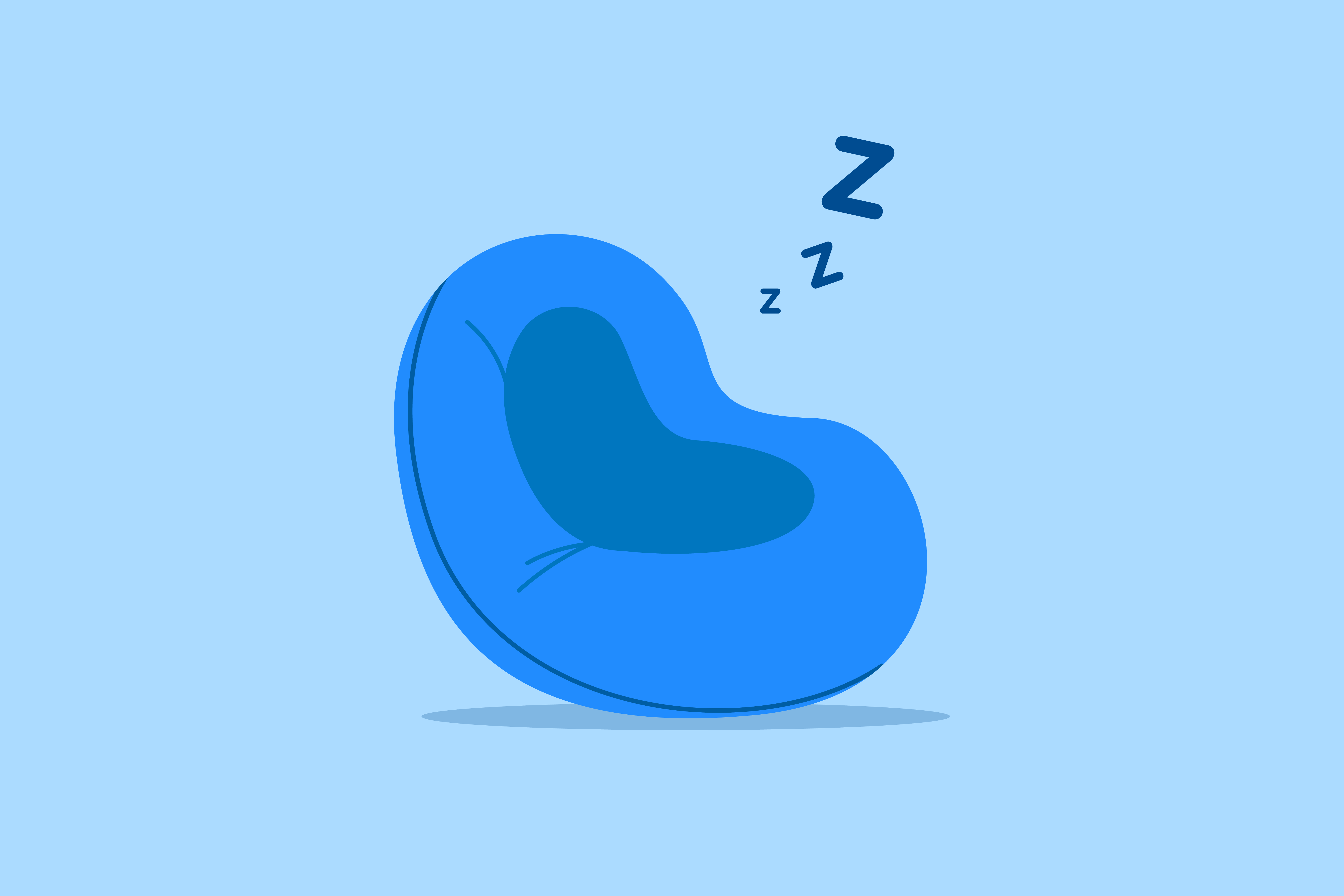Key Takeaways
- Need to Know: Dry mouth is a condition characterized by reduced saliva production, leading to an uncomfortable feeling. Saliva plays a crucial role in oral health and digestion, acting as a natural cleanser and preventing tooth decay. Dry mouth can range from mild to severe and is associated with various symptoms such as difficulty chewing, speaking, and swallowing, as well as altered taste, bad breath, and gum disease.
- Causes and Risk Factors: Dry mouth can be caused by several factors, including dehydration, medications (such as antihistamines, antidepressants, and certain painkillers), mouth breathing (particularly during sleep), underlying medical conditions (like Sjögren’s syndrome, diabetes, and autoimmune diseases), and the natural aging process.
- Treatment and Prevention: Treatment options for dry mouth include using saliva substitutes and stimulants, specialized mouthwashes, moisturizing gels and sprays, and adjusting medications. Preventive measures involve staying hydrated, limiting caffeine intake, using a humidifier, removing allergens, chewing sugar-free gum, maintaining oral hygiene, and breathing through the nose.
Dry mouth, medically termed xerostomia, is experienced by one in four adults. It is a symptom pointing its finger at multiple underlying health conditions or habits.
Saliva has enzymes that play a pivotal role in our oral health and digestion. It prevents tooth decay and acts as the natural cleanser of the mouth. Having a dry mouth is an uncomfortable feeling that negatively affects a person’s life quality.
“Emerging research now shows that poor sleep quality and open mouth breathing have a direct effect on oral structures and oral health,” explains Dr. Nayantara Santhi.
“Sleep is a fundamental process that regulates core biological functions. Sleep quality reflects a person’s ability to fall asleep, stay asleep, and enter into the various stages of sleep. Hence a person with poor sleep quality can have a wide range of oral health issues.”
In this post, we have discussed the symptoms, risk factors, and treatment for dry mouth.
What is Dry Mouth?
A dry mouth Verified Source National Library of Medicine (NIH) World’s largest medical library, making biomedical data and information more accessible. View source is a condition characterized by a decreased production of saliva. It causes an uncomfortable dry feeling in the mouth.
Xerostomia is often associated with hyposalivation or salivary gland hypofunction, a condition Verified Source National Library of Medicine (NIH) World’s largest medical library, making biomedical data and information more accessible. View source where the salivary gland produces too little saliva.
Dry mouth can be a temporary situation for some, while for some, it can be a persistent issue and can impact Verified Source Oxford Academic Research journal published by Oxford University. View source oral health and overall well-being.
Symptoms of Dry Mouth
The condition can be mild to severe and can encompass a variety of symptoms, including:
- A feeling of dryness or stickiness in the mouth.
- Difficulty chewing, swallowing, or speaking because saliva isn’t enough to lubricate.
- A burning or tingling sensation in the mouth, especially on the tongue.
- Thick saliva.
- Sore throat.
- Bad breath (halitosis).
- A dry, rough tongue.
- Cracked lips.
- Mouth sores.
- Yeast infection.
- Altered sense of taste.
- Plaque.
- Tooth decay.
- Gum disease.
These symptoms can worsen and can lead to sensitive teeth and inflamed gums.
“Emerging research now shows that poor sleep quality and open mouth breathing have a direct effect on oral structures and oral health.”
Dr. Nayantara Santhi, Northumbria University Researcher
Causes & Risk Factors of Dry Mouth
The subjective sensation of feeling dryness in your mouth can have a myriad of potential causes and risk factors. Let’s take a deep look at the possible causes.
Dehydration
Simple dehydration Verified Source National Library of Medicine (NIH) World’s largest medical library, making biomedical data and information more accessible. View source or not taking enough fluids, especially in dry and hot summers, can make your mouth feel extremely dry.
When the body receives an inadequate amount of water, it reduces saliva production to conserve moisture.
Factors like insufficient water intake, excessive sweating, hot weather, and engaging in strenuous activities without replenishing lost fluids can lead to dry mouth.
Medications
Many medicines list dry mouth as a potential side effect. Usually, these medicines range from antihistamines and decongestants Verified Source National Library of Medicine (NIH) World’s largest medical library, making biomedical data and information more accessible. View source to the common. Solutions for allergies and colds, to antihypertensive, diuretics, certain painkillers, and certain antidepressants.
The chemical compounds used in these drugs can interfere with saliva production, which can lead to xerostomia. You may wish to speak with your doctor about ways to ease allergies with natural remedies, which may eliminate side effects of medications.
Mouth Breathing
Breathing through the mouth during sleep can cause dryness in the oral cavity. The continuous flow of air dries the oral tissues, which results in reducing the moisture content. It can be due to various reasons, such as nasal congestion, certain sleep positions, or any underlying conditions, such as sleep apnea.
Mouth taping can keep you from breathing through your mouth as you sleep, but your doctor should be consulted for ways to treat sleep apnea or other underlying conditions.
Typically, lifestyle changes, oral appliances, and CPAP therapy can help manage sleep apnea. However, in some cases, sleep apnea surgery may be necessary.
Illness
A dry mouth can be a side effect Verified Source National Library of Medicine (NIH) World’s largest medical library, making biomedical data and information more accessible. View source of certain medical conditions or illnesses. Diseases like Sjögren's syndrome, Verified Source National Library of Medicine (NIH) World’s largest medical library, making biomedical data and information more accessible. View source an autoimmune disorder, specifically affecting the salivary and tear glands. However, other autoimmune diseases Verified Source National Library of Medicine (NIH) World’s largest medical library, making biomedical data and information more accessible. View source may also have accompanying dry mouth, regardless of Sjögren’s syndrome complications.
Other health conditions like diabetes Verified Source National Library of Medicine (NIH) World’s largest medical library, making biomedical data and information more accessible. View source HIV/AIDS Verified Source National Library of Medicine (NIH) World’s largest medical library, making biomedical data and information more accessible. View source Alzheimer’s disease, Verified Source National Library of Medicine (NIH) World’s largest medical library, making biomedical data and information more accessible. View source and rheumatoid arthritis Verified Source National Library of Medicine (NIH) World’s largest medical library, making biomedical data and information more accessible. View source can manifest themselves with dry mouth as a symptom.
Aging
The direct cause of dry mouth is mostly aging, and other factors associated with getting older can contribute to this condition. With aging, many health conditions develop Verified Source National Library of Medicine (NIH) World’s largest medical library, making biomedical data and information more accessible. View source that increase the likelihood of dry mouth, such as Alzheimer’s disease and rheumatoid arthritis.
Treatment & Prevention
Your dry mouth condition can be because of various underlying health conditions. It usually requires a combination of treatments to maintain optimal oral moisture.
Here are some treatment options to help you treat dry mouth conditions.
- Saliva Substitutes and Stimulants: There are over-the-counter saliva substitutes that can provide temporary relief from dry mouth. Certain salivary gland stimulants, like pilocarpine (salagen) and cevimeline (Evoxac), can stimulate the glands Verified Source National Library of Medicine (NIH) World’s largest medical library, making biomedical data and information more accessible. View source to produce more saliva.
- Oral Rinses: Some specialized mouthwashes designed for dry mouth can help alleviate symptoms. Xylitol is a good choice that can help reduce the risk Verified Source National Library of Medicine (NIH) World’s largest medical library, making biomedical data and information more accessible. View source of tooth decay.
- Moisturizing Gels and Sprays: Some products are designed to be applied directly on the oral tissues and can provide immediate relief from dryness.
- Change or Adjust Medications: If any of the medication you are taking is causing dry mouth, consult with a healthcare provider to adjust the dosage or switch to an alternative.
- Treat Underlying Conditions: If you have medical conditions like diabetes, Sjögren’s syndrome, HIV/AIDS, or any other illness that can be a potential root cause of dry mouth, you need to address it to alleviate your symptoms.
Here is how you can prevent dry mouth conditions.
- Stay Hydrated: Regularly sip water throughout the day to help keep your mouth moist. It is essential to have enough fluids, especially in hot weather or after physical activity. If necessary, drink water before bed, though this may cause you to wake up prematurely with the need to urinate.
- Limit Caffeine: Caffeine can dehydrate the body. Limit any beverages containing it, especially close to bedtime.
- Humidify Your Environment: Use a humidifier in the bedroom to add moisture to the air. It is highly beneficial for those who breathe through their mouth at night.
- Remove Allergens: Tiny particles in the air, like dust, pollen, and pet dander, can trigger allergies, which might lead to a dry mouth as your body reacts. The benefits of an air purifier include reducing allergies and keeping your air cleaner.
- Chew Sugar-free Gum: Chewing stimulates the salivary glands and induces saliva production. Opting for sugar-free gum, especially ones made with xylitol, can be beneficial.
- Maintain Oral Hygiene: Regularly brush and floss your teeth for good oral health, and go to dental check-ups to prevent complications associated with dry mouth, i.e., gum disease or tooth decay.
- Breathing Through the Nose: Consciously breathe through the nose. It can reduce the drying effect of mouth breathing.
FAQs
Is there a vitamin that helps with dry mouth?
Vitamin E can help reduce or eliminate the symptoms of dry mouth. You can also apply vitamin E oil directly to the affected oral tissues to get relief by moisturizing the area. Vitamin B complex supplements can also help with dry mouth symptoms caused by certain deficiencies.
Is dry mouth a symptom of diabetes?
A dry mouth can be a potential symptom of diabetes. High blood sugar levels can lead to increased urination which causes dehydration and lead to dry mouth. Diabetes can also cause reduced saliva production, which contributes to the symptoms of xerostomia.
Is banana good for dry mouth?
Bananas can be beneficial for dry mouth. They are moist and easy to chew and provide relief to the oral cavity. Plus, being rich in vitamins and minerals, bananas can support overall health.
When should I see a doctor for a dry mouth?
If you consistently experience dry mouth for more than two weeks without explanation, consult with your doctor. Dry mouth can happen because of medication side effects, health problems, not drinking enough water, or other reasons. If you also have trouble swallowing, changes in how things taste, or sores in your mouth, it’s important to talk to a doctor to figure out what’s going on when it comes to potentially severe dry mouth.
Is dry mouth a symptom of sleep apnea?
Yes, sleep apnea interruptions can lead to decreased airflow, which can cause the mouth to open and result in a dry mouth. Plus, people with sleep apnea often breathe through their mouths due to airway obstruction, contributing to dryness.
If you’re experiencing dry mouth along with other symptoms like loud snoring, daytime fatigue, and frequent awakenings during sleep, talk to a medical professional for a proper sleep apnea evaluation and diagnosis.
Conclusion
A dry mouth can be a minor inconvenience. Sometimes it can be indicative of underlying health conditions or imbalances, preventing you from having enough saliva in your mouth. Though there can be multiple causes of dry mouth, a few normal lifestyle changes can help you alleviate its symptoms.
However, if the condition still persists and is associated with other health complications, it is advised to consult with a healthcare professional.
About the author
April Mayer is a sleep expert and writer with a degree in exercise physiology. She has dedicated her career to exploring the relationship between sleep and productivity. Her insightful articles, such as "The Surprising Way Your Mood Might Be Messing With Your Productivity" and "Wake Up to More Productive Mornings," have been featured in reputable publications like Forbes, Greatist, Real Homes, Thrillist, Tom's Guide, and Eat This, Not That. With a passion for helping others lead more productive lives through restful sleep, April offers valuable expertise on foods and vitamins for better sleep. As a trusted member of the Early Bird team since March 2020, she continues to provide informative and well-researched content.
View all posts





